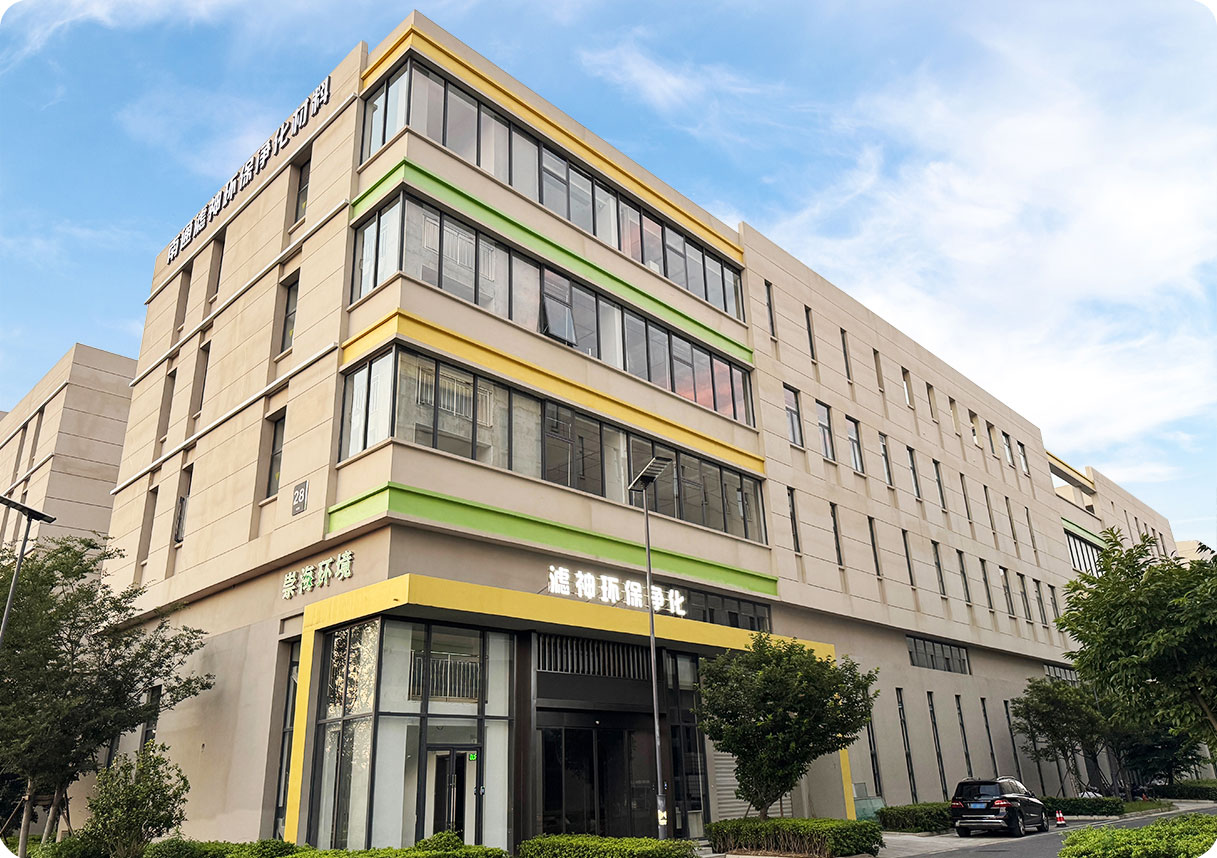The honeycomb activated carbon filter is a revolutionary product in the field of air purification and pollutant filtration, offering unmatched performance in capturing volatile organic compounds (VOCs), odors, and harmful gases. With its unique honeycomb structure, this type of filter maximizes the surface area available for the adsorption process, making it an indispensable tool in industries ranging from air purification to automotive manufacturing. Understanding the underlying technology, its advantages, and the expertise involved in producing these filters is crucial for appreciating their value in various applications.
Honeycomb activated carbon filters consist of activated carbon arranged in a honeycomb-like structure, which provides an extensive surface area for pollutants to adhere to. Activated carbon, also known as activated charcoal, is a form of carbon that has been treated to have small, low-volume pores that increase the surface area available for chemical reactions and adsorption. This porous structure makes activated carbon highly effective at trapping gases and organic molecules. The honeycomb design optimizes the material by allowing air or gas to flow freely while maximizing the contact between pollutants and the activated carbon surface, ensuring that harmful substances are effectively captured. Nantong Lyusen Environmental Protection Purification Material Co., Ltd., located in the scenic Jingyuan Ruigu Eco-Tech City in Nantong, Jiangsu Province, specializes in manufacturing these advanced filtration systems. As an integrated high-tech enterprise combining science, industry, and trade, the company is equipped with cutting-edge production lines and sophisticated testing equipment, ensuring that their honeycomb activated carbon filters meet the highest standards of quality and performance.
Activated carbon is particularly effective at adsorption due to its vast internal surface area. Adsorption is a process where molecules of a gas or liquid adhere to the surface of the activated carbon. This process is driven by intermolecular forces and is highly effective for capturing a wide range of contaminants. The honeycomb structure enhances this by providing multiple channels through which air can flow, ensuring that pollutants come into contact with the activated carbon as much as possible. As a result, honeycomb activated carbon filters can remove substances like formaldehyde, benzene, ammonia, and sulfur dioxide, which are common in indoor environments and industrial applications. At Nantong Lyusen Environmental Protection Purification Material Co., Ltd., the company’s dedication to innovation has led to the development of filters that excel in capturing even the most challenging pollutants. The company maintains close collaborative relationships with key national institutions in Shanghai and Nanjing, allowing it to stay at the forefront of research in air purification technologies. This collaboration ensures that the filters are not only effective but also environmentally friendly, reflecting the company’s commitment to creating products that contribute to a cleaner, healthier environment.
One of the key advantages of honeycomb activated carbon filters is their ability to combine high efficiency with a compact, lightweight design. Traditional air filters may rely on bulky layers of filter media to achieve similar levels of filtration, which can create higher resistance to airflow and increase energy consumption in HVAC systems. In contrast, the honeycomb design allows for greater airflow with lower pressure drops, making it an energy-efficient choice for many applications. This innovation is particularly important in industries such as automotive manufacturing, where maintaining air quality within the vehicle cabin is critical without compromising the performance of the air conditioning system. Nantong Lyusen Environmental Protection Purification Material Co., Ltd. has taken these principles to heart in the design of their honeycomb activated carbon filters. The company’s advanced production lines, combined with its stringent quality assurance system, ensure that each filter is manufactured with precision. This dedication to quality has earned the company a reputation as a trusted supplier for renowned air conditioning enterprises, air purifier manufacturers, and domestic mask producers.
Honeycomb activated carbon filters play a pivotal role in air purification by addressing both chemical pollutants and particulate matter. In industrial and commercial settings, these filters are often used in combination with HEPA filters to create comprehensive air purification systems. While HEPA filters are designed to capture particulate matter such as dust, pollen, and mold spores, honeycomb activated carbon filters focus on removing gaseous pollutants and odors. This dual-filtration approach ensures that both physical particles and chemical contaminants are effectively removed from the air, resulting in a safer and more pleasant environment. The diverse range of applications for honeycomb activated carbon filters highlights their versatility. Nantong Lyusen Environmental Protection Purification Material Co., Ltd. produces filters that are widely used in air conditioning systems, air purifiers, and automotive air conditioning units. These filters are not only critical for maintaining air quality in residential and commercial buildings but also for protecting sensitive equipment in industrial environments where exposure to harmful gases could lead to corrosion or malfunction.
